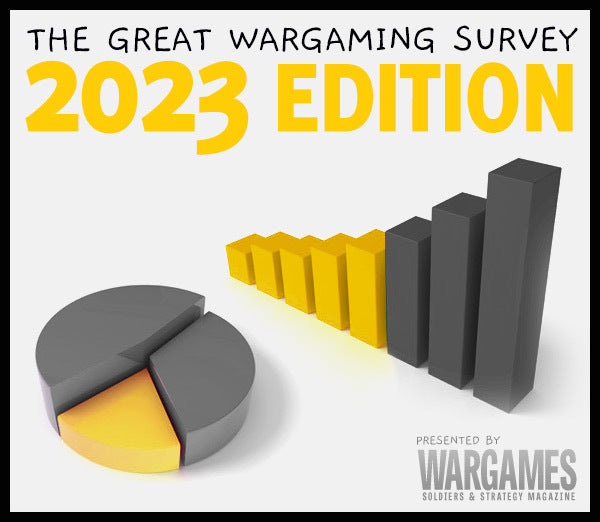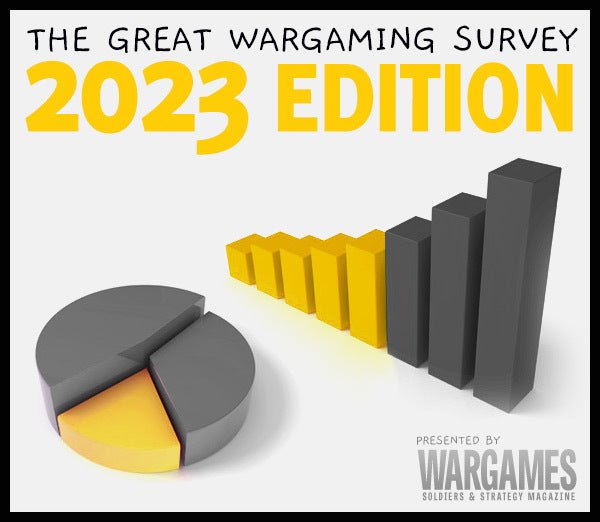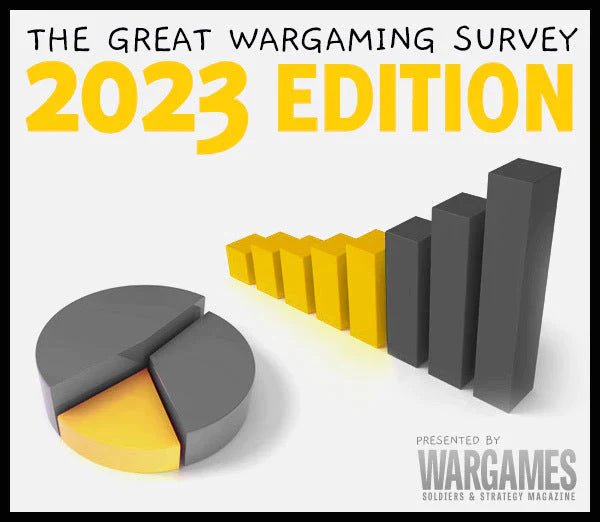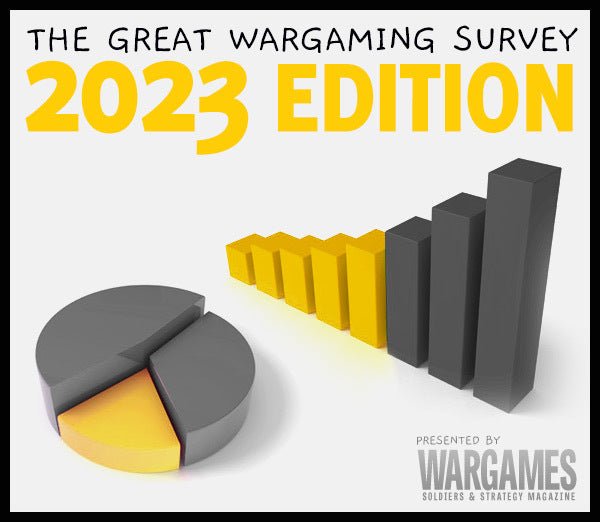More bias - a short update
On Warseer , a perceptive poster noted that a high percentage of respondents indicated that researching military history was important to them. That, to him, shows that the main respondents to our survey were historical gamers. We thought that was worth a further look. ( part 1 , part 2 , part 3 , part 4 , part 6 )
Originally, that question actually asked something akin to “I love to research the history and fluff of my armies”. The idea was that it would be relevant for those who, say, enjoy reading Black Library novels and background stories and get inspired to theme their armies and battles that way. However, because of the feedback of some of the people who read the draft survey - and yes, who are focused more on historical wargaming - the question was changed to simply “I love to research military history.” So obviously it’s not our fault! 😉
To verify the above statement, I used the already extant filters for those who indicate the love fantasy gaming, Sci-Fi gaming, who love both, and those who indicate they are not interested in Sci-Fi or Fantasy or Steampunk or Alternative history. I also made a new combofilter that selects only those who indicate they are not interested in any of the above. Shock-horror: the hard-hardcore historical wargamers comprise only 435 of 7759 respondents, again confirming what we (following Rick Priestley ;-)) suggested in the previous blog: the difference may be more artificial than previously thought. This suggests the overwhelming majority of gamers will play at least some not strictly historical games if offered. The small group who do not is all male (0% female, 1.38% ‘don’t care’), is much older than average, though there are still some under 30 and even under 18, and is divided similarly worldwide as the overall group. No surprise: this group loves to research military history (85%). The rest do so ‘to some degree’.
Now what about the rest? As you can see in the graphs below, about 54% overall indicates they love to research military history. Once you select for those who indicate that Fantasy is a favourite, Sci-Fi is a favourite, or a combination of both (the differences are very small), the love for research drops to roughly 38%. The intermediate answer ‘to some degree’ goes up to about the same level and the ‘don’t care’ come up from about 15% to roughly 22%. It may be that the latter group is the one who feels army books (of whatever kind) provide all they need and care to know to play the game. For those who don’t care about one of the not-strictly historical categories, the importance of research goes up to about 65%, with both other categories losing about 5%.
So what can we conclude from this? Obviously research is not for everyone. Even among the hard-hardcore historical gamers some don’t feel a need to research every unit and every stitch and button. It’s also obvious that even among those who indicate that Sci-Fi and Fantasy gaming are favourite topics, researching military history (perhaps to be interpreted very broadly as in the original question) is still an important part of the hobby for a significant section of the community.
Below, from left to right, the importance of researching military history (top bar: don’t care - middle: to some degree - bottom: definitely) for all respondents, for those who love Sci-Fi and Fantasy and for those who aren’t interested in one of the above categories. Note that the importance of high quality painting hardly seems to change for these selections.




